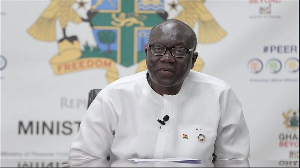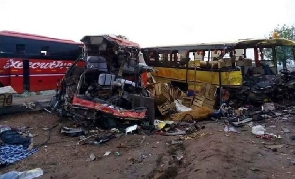Volta Region to be conversant with how the dynamics of reproductive issues could affect their lives is underway. It is under the aegis of the National Youth Council with funding by the United Nations Population Fund.
Beneficiaries of the programme are Hohoe Municipality, Ketu South Munipality, Ho Municipality, Keta Municipality and Adaklu District. Alhaji Nabila Mohammed, Regional Youth Co-ordinator made this known during a media briefing on Monday, the eve of a three-day workshop for youth leaders from the beneficiary assemblies. He said 10 youth leaders would represent each of the selected municipal and district assemblies.
Alhaji Mohammed projected that by the close of the project period in 2013 about 7,000 youth between 15 and 29 years would adopt enhanced healthy lifestyles physically and physiologically. He said the youth are also expected to acquire more knowledge about HIV/AIDS and other prevalent diseases in their areas to enable them contain them.
Alhaji Mohammed said the project would involve what he called "youth led and youth focused organisations", in delivering appropriate sexual and reproductive health education for young people and provide advocacy for the removal of legal, cultural and moral barriers to sexual and reproductive health services. He said the project would also seek to expand girls' access to high quality education and training, helping them to acquire marketable skills and encouraging family and community support to facilitate delayed marriage and child bearing.
Alhaji Mohammed said the idea unders coring the programme, being implemented in the Central, Upper East Upper West and Northern Regions was the utilisation of reproductive services through networking and co-ordination of the youth who are out of school. He said other regions benefiting from the programme along with the Volta Region include Eastern and Western Regions. Alhaji said the criteria for selecting beneficiary assemblies were mainly vulnerability of the youth in the areas as reflected in high populations and the hustle and bustle of border towns.
Regional News of Tuesday, 9 November 2010
Source: GNA












